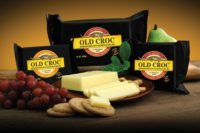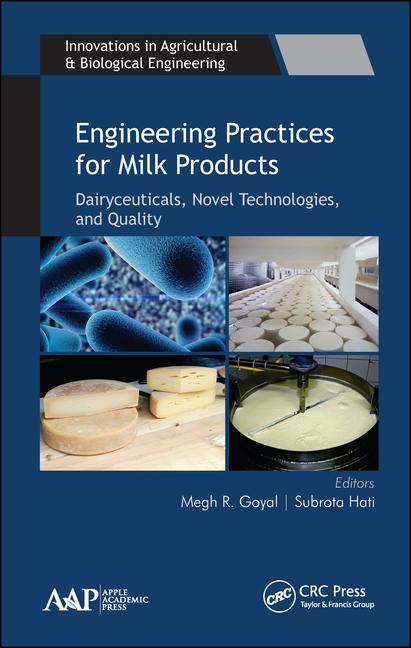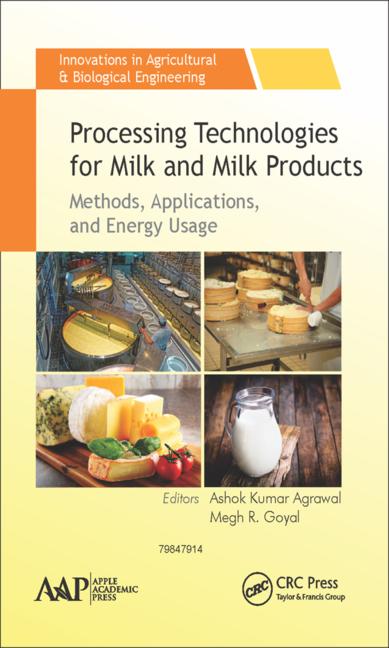New protein concept addresses growing demand for ‘recombined’ cheese

Arla Foods Ingredients, Basking Ridge, N.J., has developed a range of next-generation “recombining” solutions that will enable dairy companies to produce high-quality specialty cheeses without fresh milk.
The solutions offer dairy companies the opportunity to create recombined white, processed and cream cheeses based on Nutrilac functional milk proteins, water and fat — usually butterfat or anhydrous milk fat (AMF). They work on existing recombining machinery and generate no whey side-stream, maximizing output and reducing waste.
Recombined dairy products are particularly common in parts of the world where there is limited or no access to fresh milk, according to Arla. This is often the case in regions such as Latin America, Africa, South East Asia, China and Russia. Recombined liquid milk and simple yogurts made from rehydrated milk powder are already widely manufactured. However, recombined specialty cheeses have traditionally proved more complex and challenging to produce.
Recombined dairy products are also expected to increase in importance in the European Union when milk quotas are abolished on April 1.
Claus Andersen, category manager at Arla Foods Ingredients, said, “After the abolition of quotas there will be no restrictions on how much milk member states can produce, which almost certainly means there will be a significant fresh milk surplus. Much of this surplus will be converted into dairy ingredients, some of which will be sold into markets outside of Europe where it will be used to produce recombined dairy products. Our Nutrilac recombined cheese concept will be a perfect fit in this new commercial landscape.”
The Nutrilac recombined cheese concept offers more than 20 flexible solutions with variable cost-in-use, capable of producing cheeses of different quality tiers. The company has 25 years’ experience in recombined dairy products and also offers Nutrilac functional milk protein solutions for recombined ice cream and stirred, set and drinking yogurts.
Claus said, “Overall, as a result of increasing affluence in emerging markets, demand for cheese alone is expected to rise by up to 25% in the next 10 years, compared with 2012 levels, according to figures from the International Dairy Federation. Nevertheless, access to fresh milk in these countries will remain difficult so the importance of recombined dairy products will continue to grow.”
Looking for a reprint of this article?
From high-res PDFs to custom plaques, order your copy today!








